Reimagining America. Starting with me.
Sarah QuinlanBlockedUnblockFollowFollowingDec 2
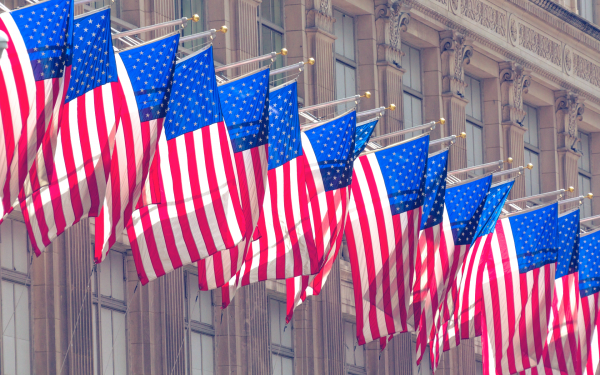
Although our capacity to find common ground seems to be disintegrating before our very eyes, one thing left, right, and center agree on is this: The 2016 election was disruptive on a historical scale. The main reason, of course, is the sui generis candidacy of Donald Trump. But I want to focus on other consequences of the 2016 contest. It caused people to doubt industry staples such as polling. It provoked major news organizations to question and subsequently refocus their coverage of non-coastal America. It prompted political observers to reexamine their biases. It induced everyday citizens to recalibrate their political affiliations. More than anything, it utterly consumed the general public like few other political events have, ultimately infusing everything in our lives with an intense, and inescapable, political turbulence.
This last point has had particular resonance for me. Before November 8, 2016, I wasn’t always an enjoyable person during political debates or discussions. I wasn’t careful about nuance, and, because I felt so strongly and confidently about my own beliefs, I thought what I was saying was more important than how I was saying it. My attitude and approach sometimes made others around me, even friends and family, feel embarrassed or defensive of their politics, beliefs, and knowledge of current events.
And, if I’m being perfectly honest, I was often angry, though I didn’t realize it at the time. I was angry at “the media” for how they characterized Republicans and how they seemed to let Democrats off the hook. I was angry at Democrats for twisting Republican policies and viewpoints. As much as I enjoyed the chance to debunk stereotypes, I was angry that everyday people seemed willing to believe stereotypes about Republicans.
But, paradoxically, the 2016 election illuminated everything. America was unwittingly carrying out a kind of national experiment: What would it look like for anger like mine to be aggregated and harnessed toward securing our highest electoral office? The 2016 election made me realize the extent of other people’s anger. I understood for the first time how dangerous anger can be, if other people can feed your anger and then use it to manipulate you. And I worried about how I contributed to an atmosphere of constant outrage.
What’s So Bad About Polarization?
The United States is deeply divided. Can we take any positives from that?arcdigital.media
Emotions such as anger and fear can significantly shape our outlooks and drive our emotions, and it was evident throughout the 2016 election that these emotions are fantastically powerful at scale. We like to think of ourselves as rational observers, everywhere and always guided by reasons. “The reason populism doesn’t really work,” we used to say, “is because people see through the raw emotive appeals. People vote on matters of substance.” But 2016 showed that massive political movements can be created out of, and be sustained by, redirecting an entire population’s fear and anger toward the formation of “observations” (“the other side want to kill us”) and “reasoning” (“Russia isn’t my favorite but our political opponents are far worse”) that benefit the movement.
In other words, the “reason vs. emotion” framing is all wrong. What the public must now realize, what 2016 served to vividly illustrate, is that emotions don’t just drive actions but they also actively shape beliefs. A study in Political Psychology found that anger invites bias; it actually motivates individuals to seek out information that supports their prior views and dismiss information that rejects or challenges those views. Anger is functioning as an epistemic impetus and filter.
Anger also compromises our capacity to give others the benefit of the doubt. Watching the 2016 election unfold, I grew uncomfortable with the way people characterized those with opposing views. The demonization of fellow citizens was rampant. Anger drove people to see their political rivals as individuals purposely bent on destroying America. Greater than one in five Americans see the other party as “evil” — not mistaken or confused but actively, resolutely, evil. It’s impossible to read this New York Magazine article, poignantly titled “Donald Trump Is Destroying My Marriage,” and think our social capacity to transcend party differences is still fine.
I am not saying we need to recover a view of politics as incidental or inconsequential. “Oh, you have different views? Who cares, what does it matter anyway!” That would be both unrealistic and misguided. But there is a difference between seeing someone with opposing views as evil and seeing them as mistaken. All of us have friends, family, or loved ones who disagree with us on politics. Just as you see these loved ones as people who at bottom want what’s best for America, this perspective should be extended to those with whom we share a country. Again, the idea is not, “Embrace their political positions,” but rather, “Don’t view them as malicious voters, yearning for America’s toppling.”
Longing for Community
This is a value many of us care deeply about. Let’s start here.arcdigital.media
This is why, if we are ever going to crawl out of this mess, it’s of vital importance to take great care with how we use our platforms, whether you’ve got hundreds of thousands of Twitter followers, or dedicated space on a publication’s homepage, or just a few friends who regularly see your social updates. Our presence in these spaces should model a better way to engage, to debate, to disagree.
Former First Lady Michelle Obama recently said:
Anger may feel good in the moment, but it’s not going to move the ball forward. … For me, when you are a public figure in power, everything you do models what you want the country to do. … That’s the work that needs to happen around kitchen tables and in our communities. When I say “go high,” I’m not trying to win the argument. I’m trying to figure out how to understand you and how I can help you understand me.
I often disagreed with Michelle Obama on policy, but her point here is not a partisan one. Imagine how our public discourse might look if this attitude were adopted by most, or even just some, public thinkers and political personalities. Those of us with spheres of influence — big or small — cannot afford to act or react without thinking. Rather, the country cannot afford it. We must constantly ask ourselves, If I do or say this, how does that contribute to a better public discourse? Am I unfairly generalizing or speaking hyperbolically? Am I playing to people’s worst impulses or beseeching their better angels?
One of the biggest reasons this advice goes unheeded is we think it’ll put us in a vulnerable position. “The other side plays dirty,” some of us say, “so why should we take such great pains to be charitable when we’ll just get steamrolled by the opposition?” Sometimes, this is simply a pretext for being a bad-faith actor. Carefully and meticulously striving to be fair is intellectually burdensome; being a grenade-launcher is thrilling. Or sometimes the pretext is for profitability. They will be willing to feed the mob because doing so pads their bank accounts and advances their careers.
But assuming neither of these things, here’s what we might say in response to the person who dispenses with good-faith debate because he or she senses it will lead to the other side winning. Modeling intellectual and civic virtue is, in the end, deeply worth it. It enriches and ennobles society, even if for a time, even if for a long time, it does not lead to political victory. Many of us in this space dream of helping to shape society for the better. Imagine the impact it could have to see scores of individuals engage substantively, critically, but always fairly, with all the important ideas, being charitable in the face of hostility, refusing to feign outrage or demonize fellow Americans. We might achieve our greatest accomplishment yet: transforming 2016’s legacy from a destabilizing national episode to one that reinvigorated our commitment to genuine dialogue and debate.


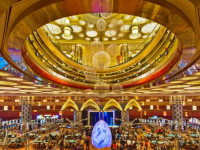






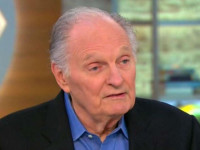


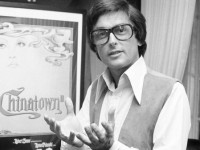








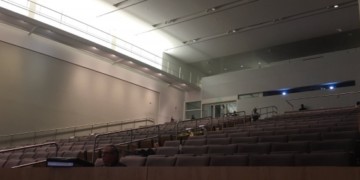
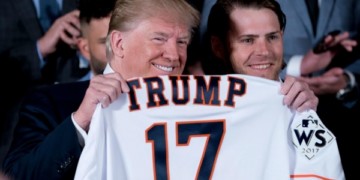
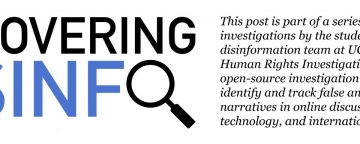
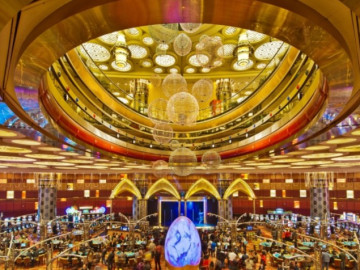




Connect with us